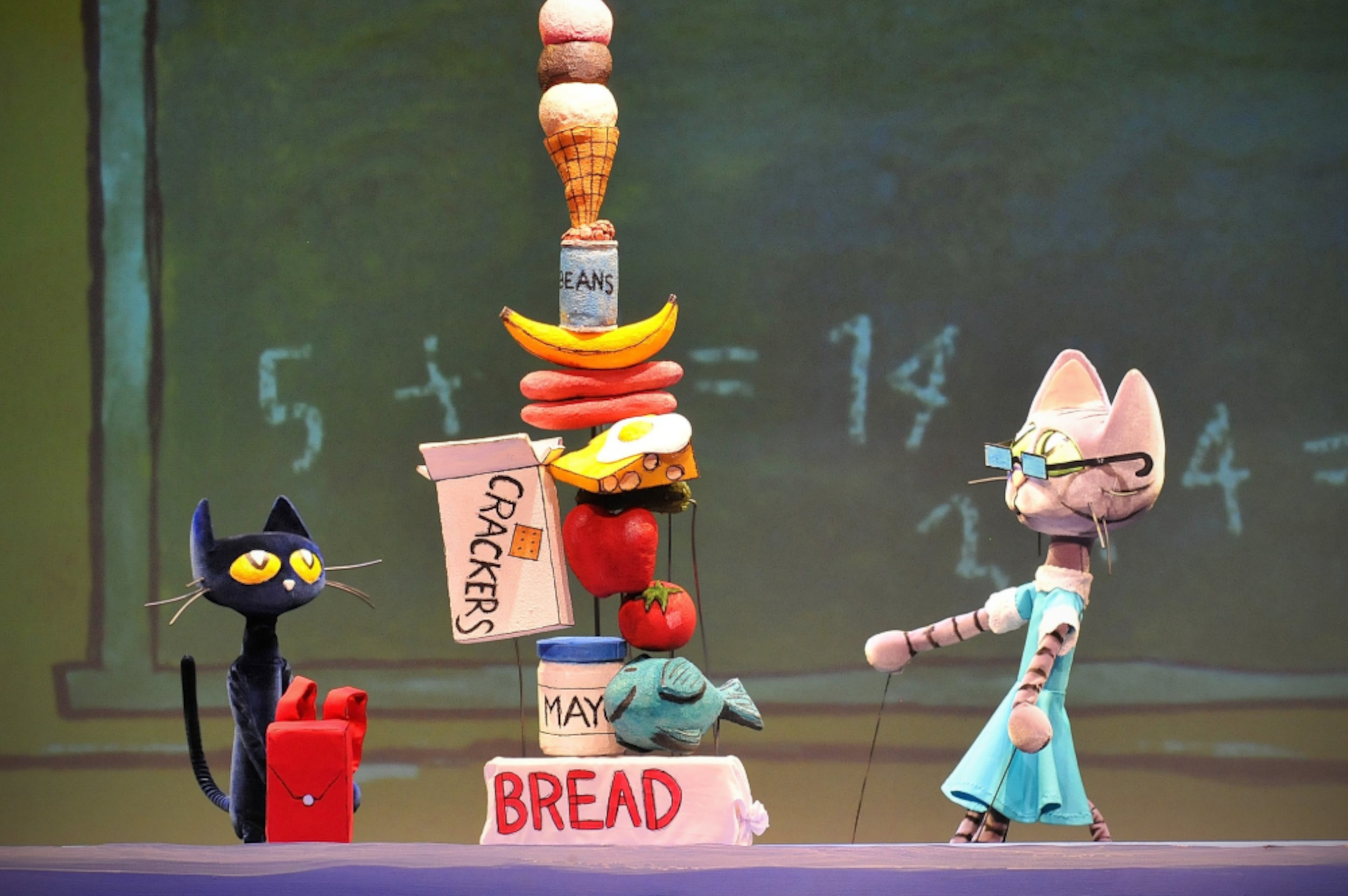Why doesn’t Atlanta have a signature cocktail?
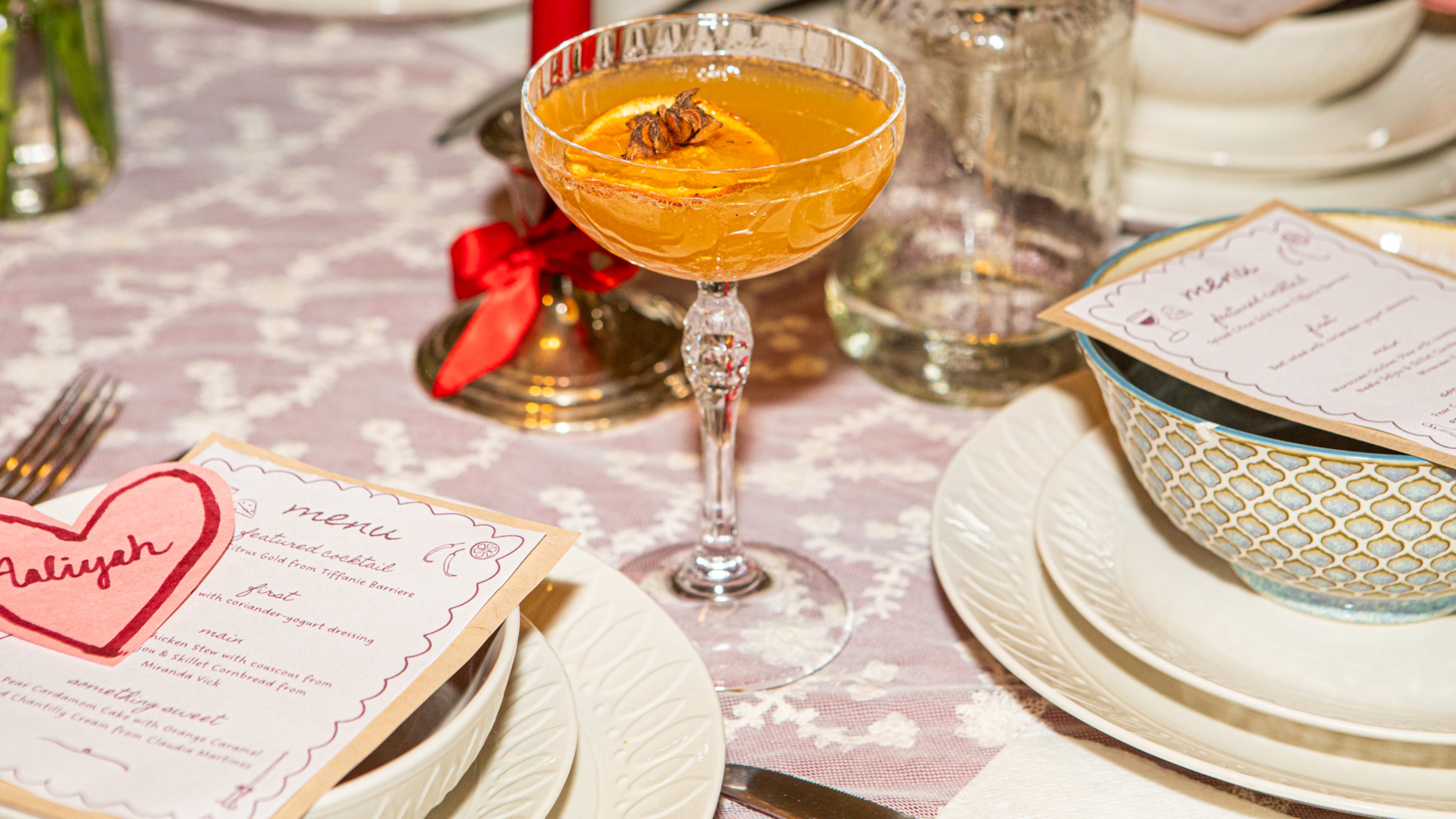
Several American cities are recognized for their drinks and their role in the way we imbibe. New Orleans has the Sazerac, the Ramos Gin Fizz, and a half-dozen others. San Francisco is the home of the original Irish coffee, and its neighbor across the bridge, Oakland, created the Mai Tai. Washington, D.C., has the Rickey. But what about Atlanta?
“It’s been a topic that circles my head probably every year,” said Tiffanie Barriere, a master mixologist and spirits educator based in Atlanta.
It’s not as if the city doesn’t have a long history of drinking.
Taverns set up shop in the area before it was even called Atlanta, and the first mayoral race was between pro- and anti-drinking factions, the Moral and Rowdy parties. An 1899 menu from the original Kimball House Hotel offered Imperial Punch to its well-to-do patrons. The claret-based punch, popularized around the time of the Civil War, was made with sugar, soda water, cherry liqueur and nutmeg.
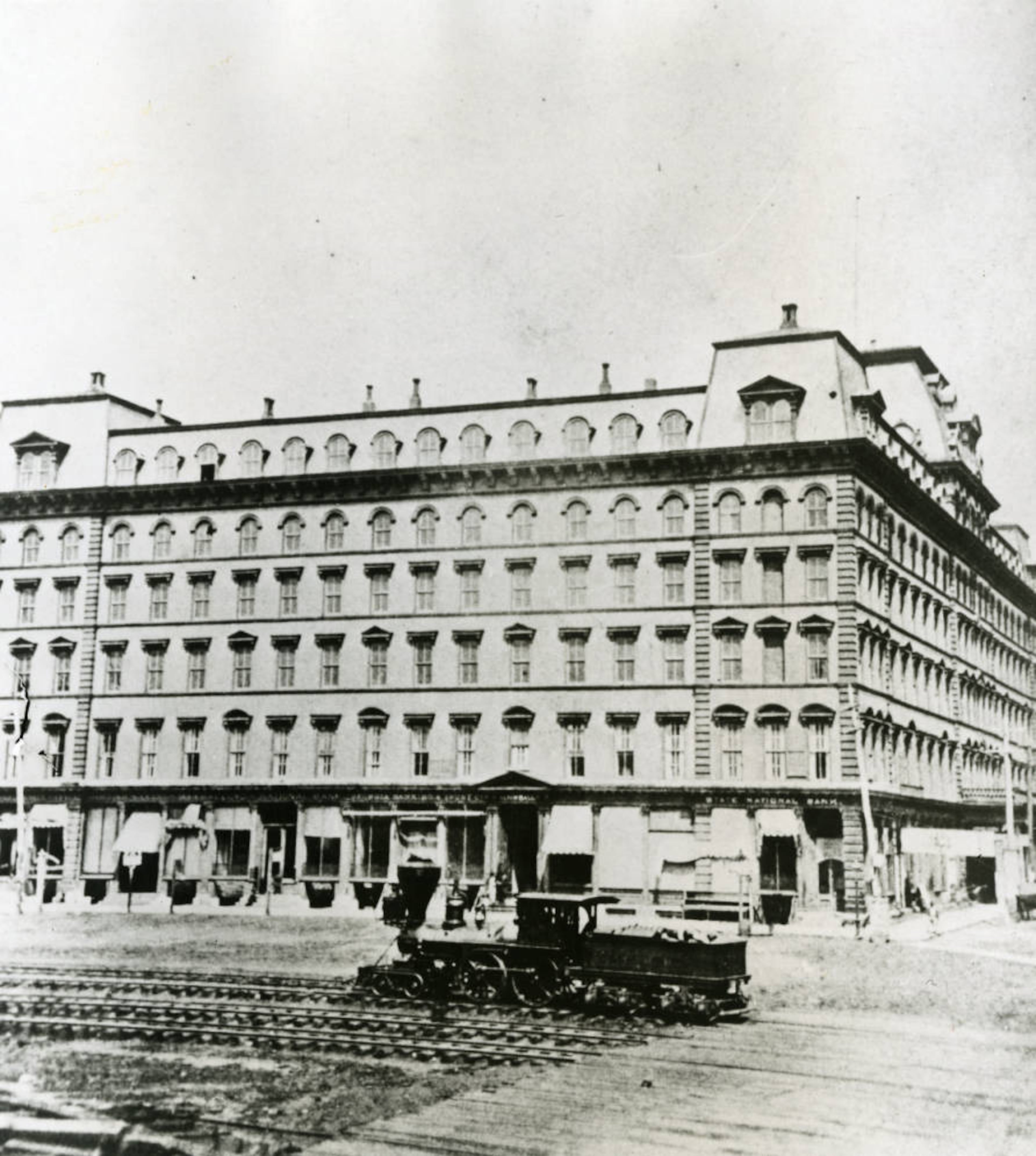
Whiskey has always had a strong influence in Atlanta, making its way to the state from Virginia and Kentucky. And long before a home-brew kit could be ordered online, corn liquor was made in homes and hollers when the city was still known as Terminus. Both were enjoyed at the Atlanta Exposition of 1895.
John Pemberton, the inventor of Coca-Cola, developed the iconic soft drink after first experimenting with French coca wine, a Bordeaux infused with traces of cocaine. In Pemberton’s era, a popular pharmacy drink was the “don’t care,” a mix of different flavoring agents, typically fruit-based, with whatever hard liquor was available.
“The Georgia mint julep actually is like the first documented julep,” said Eric Simpkins, who runs the bar program at Nàdair.
In fact, the cocktail, made with peach brandy, appeared in “Jerry Thomas’ Bartender’s Guide,” first published in 1862.
Despite the city’s legacy of boozy experimentation (and likely intense hangovers), none of these beverages became indelibly linked to Atlanta. And in the absence of a naturally ascendent signature cocktail, marketers proposed their own concoctions. None of those caught on, either.
Online listicles claim that Georgia’s official cocktail is the Scarlett O’Hara, reportedly created in 1939 by New Orleans-based Southern Comfort to promote the release of the “Gone With the Wind” film. But the drink, made with the spirit plus lime juice and cranberry juice, has no connection to Atlanta, except for the name of Margaret Mitchell’s heroine. You’re unlikely to find it on a menu in town.
And despite the city’s love for the lemon pepper wet wings, the flavor combination has not taken off in cocktail form, no matter how many creative attempts are made, Barriere said.
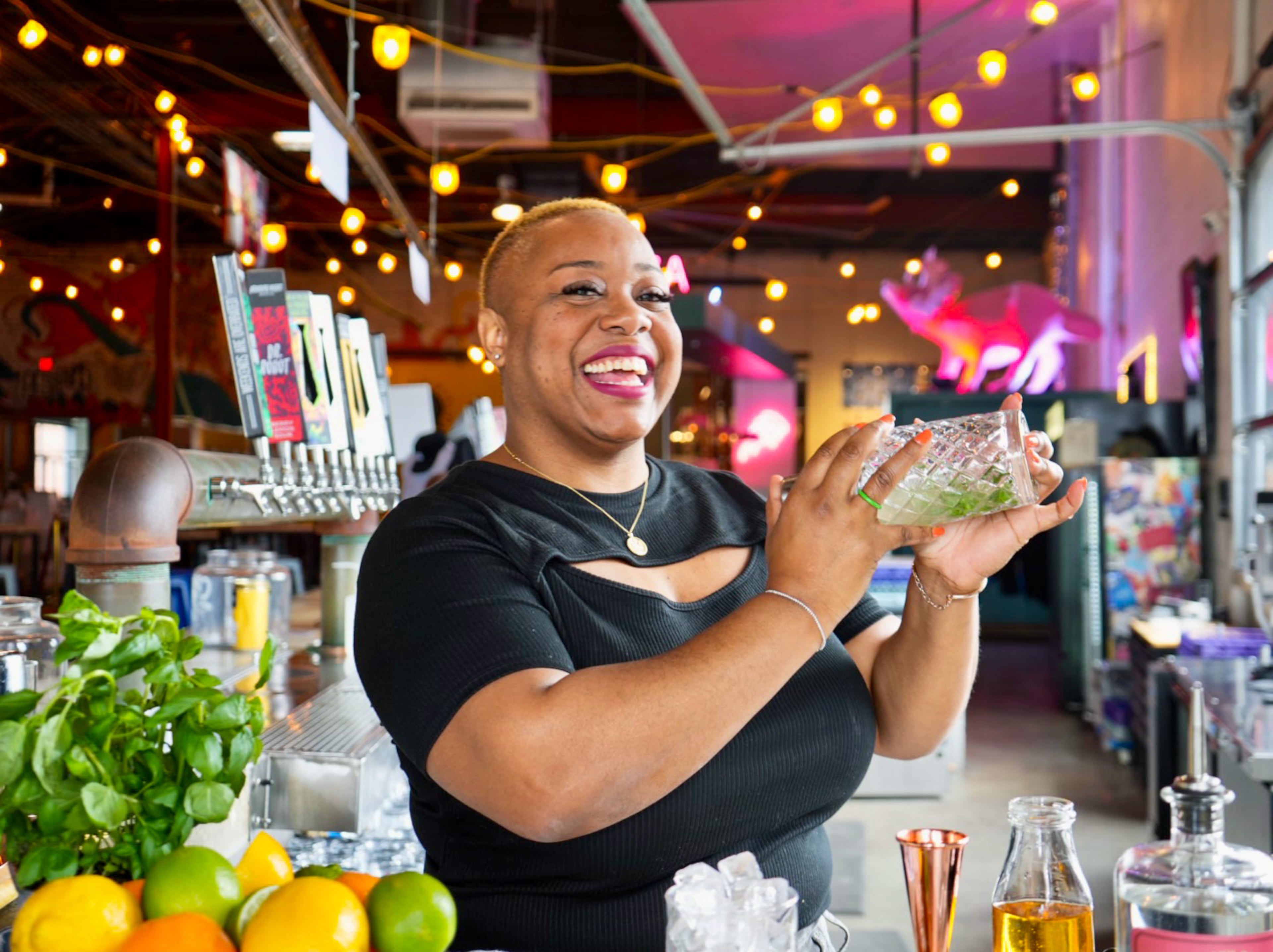
“I see them popping up here and there,” she said. “I’ve never had it perfected, and I felt like it doesn’t need to be perfect because I don’t want lemon pepper with liquor.”
Even if Atlanta doesn’t have one specific cocktail, a city with such strong cultural currents provides plenty of cues for how its signature drink might be made.
Atlanta’s cocktail could be, like the city itself, “too busy to hate”; it would be quick to prepare, without over-the-top techniques or ingredients. It would have to be approachable and easy-to-love, but with plenty of character and depth.
“I think Atlanta as a whole definitely got the bourbon fever for a while,” said Jerry Slater, a restaurateur, beverage shop owner and columnist for The Atlanta Journal-Constitution with his wife, Krista. “If you combine cognac and bourbon [like in the Vieux Carré], you add some peach, you could start to see something come together.”
Simpkins agreed.
“I would say bourbon really is still kind of like the mainstay,” he said.
The Old Fashioned is found at just about every bar in town, but it’s also popular across the country and doesn’t trace its roots to Atlanta. In Georgia, many include a local twist like the cola old-fashioned created by Greg Best in the mid-2000s as a nod to the influence of Atlanta’s global beverage behemoth, Coca-Cola.
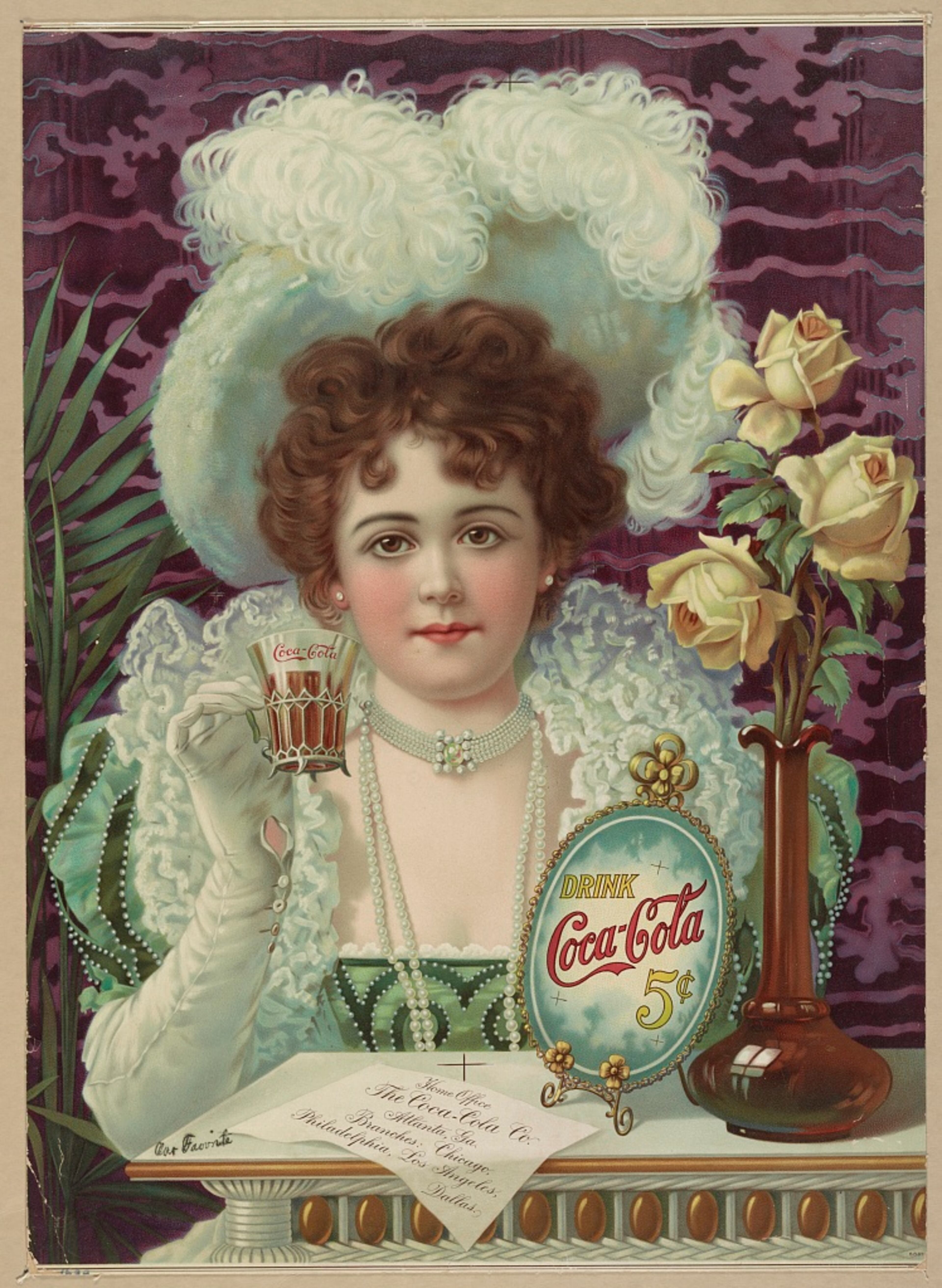
Barriere makes an argument for tea-based drinks and the use of fruit brandies. She uses seasonally available ingredients in her own cocktails.
“Early settlers and foragers making their own stuff was great because the brandy was definitely readily available,” she said.
Simpkins took the same approach at his former Midtown restaurant.
“When I had The Lawrence, every year we would take a case of the last of the summer peaches and use it in case of brandy,” said Simpkins.
Perhaps the great Atlanta cocktail is yet to come because no single drink has been invented that properly reflects the city’s complexity.
“There are so many themes, so many layers to Atlantans,” said Barriere.

